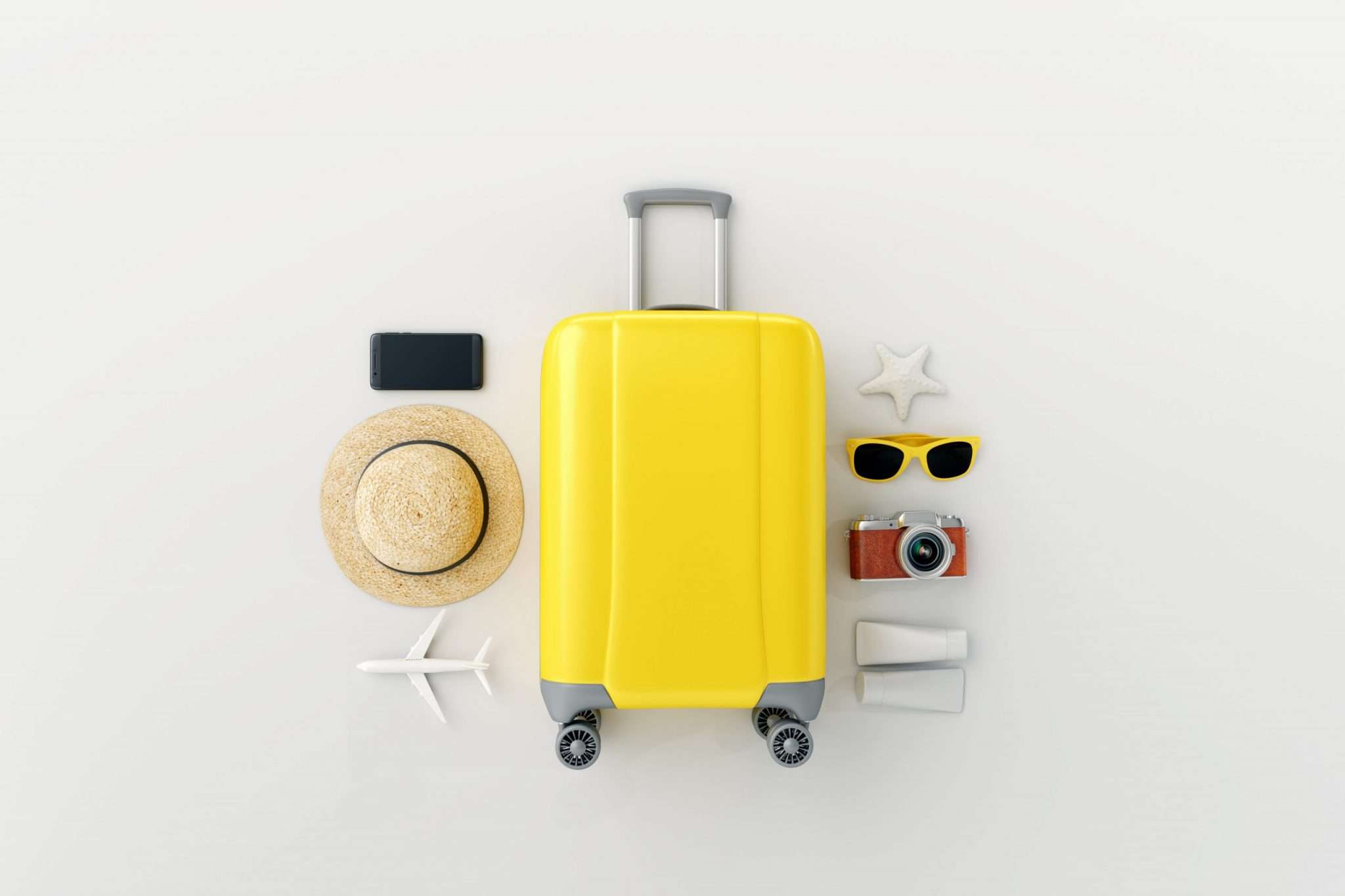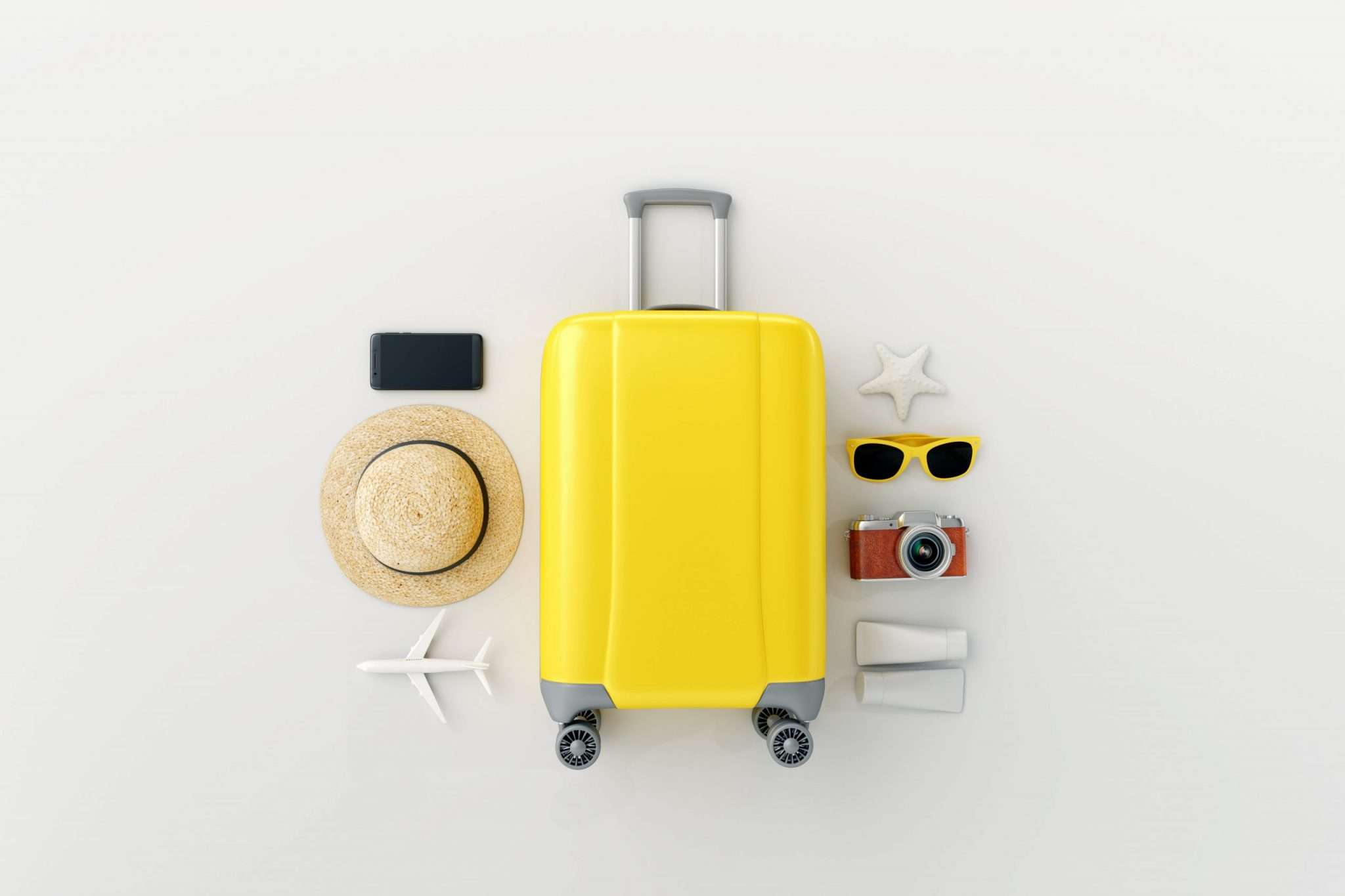Traveling can present a whole range of challenges for those with hearing aids and hearing loss that others may not anticipate. Fortunately, businesses are now learning to offer hard-of-hearing tourists customized accommodations.
Perhaps the most high-profile of these innovations is ampetronic loops, also known as audio-frequency induction loops, or AFILs. These emit electromagnetic signals, clearly conveying sounds of interest to all hearing aids in the vicinity. They have been installed in the majority of post offices, churches, taxis, and cathedrals in the UK. In the US radio frequency emissions are more common, although they are slowly becoming outmoded because of their tendency to pick up unrelated signals. However, tourist attractions worldwide are increasingly employing ampetronics, including museums, concert halls, and movie theaters everywhere.
A more serious concern for the hearing-impaired is safety during long-term travel. Airplanes and large hotels are now required to employ light signals as well as sound alarms in case of emergencies. If aware that a hard-of-hearing person is on board a particular flight or staying at a particular hotel, they are also required to check on that person in the event of an emergency.
More subtle concerns for inns and hotels include audibility of doorbells and telephones, availability of volume controls on phones and TVs, close-caption capability of private TVs, and access to a telephone typewriter (TTY). Many tourist locations are now providing special training for their employees to teach them to be sensitive to the needs of the hard-of-hearing, and an international symbol has been established to demonstrate that a business is sensitive to its hearing-impaired guests.
If you or a member of your traveling party are hearing-impaired, call or write ahead of time as you plan your trip. A few minutes spent in correspondence could call your attention to the significant advantages of specially-equipped places.




